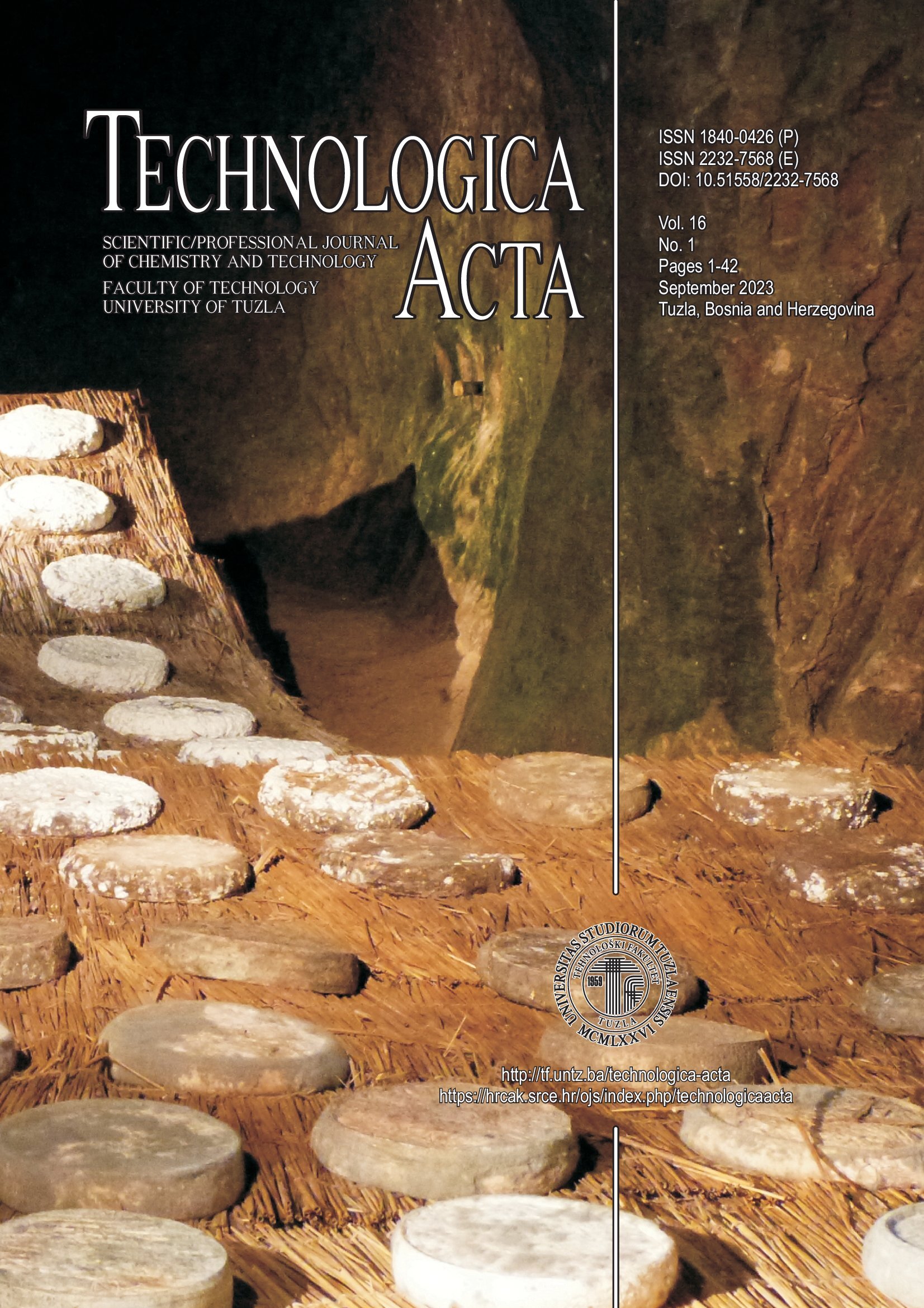Antimicrobial activity of selected spice extracts on Escherichia coli, Salmonella spp., and Listeria monocytogenes
Keywords:
Antimicrobial activity, extract, Disc-diffusion methodAbstract
The study determined antimicrobial activity using the Disc-diffusion method and extracts of three plants: garlic (Allium sativum L.), turmeric (Curcuma longa L.), and parsley (Petroselinum crispum L.) on Escherichia coli, Salmonella ssp. and Listeria monocytogenes. These pathogens have attracted the attention of numerous agencies and researchers, because of the negative impact on food and human health - and because of the impact of disease development on the economy. These studies are necessary and represent potential natural antimicrobial drugs, and due to the resistance of bacteria to known antibiotics, there is a constant increase in global consumer demand for natural ingredients. The tested plant extracts showed excellent antibacterial activity in all three replicates on Escherichia coli with an average inhibition zone of 21,86 mm and were characterized as ***S - sensitive for the mentioned bacterium. With an average zone of inhibition of 19,052 mm, Curcuma longa showed the strongest effect on the tested bacterium Salmonella enteritidis, which tells us that this bacteria is very sensitive to the extract of the mentioned plant. The study identified zones of inhibition of very low values (˃ 8 mm) in all three tested extracts: Allium sativum L., Curcuma longa L. Petroselinum crispum L., and Listeria monocytogenes.
Downloads
Published
Issue
Section
License
Copyright (c) 2023 Vildana Jogic, Aida Džaferović, Merima Toromanović, Jelena Nikitović

This work is licensed under a Creative Commons Attribution 4.0 International License.


